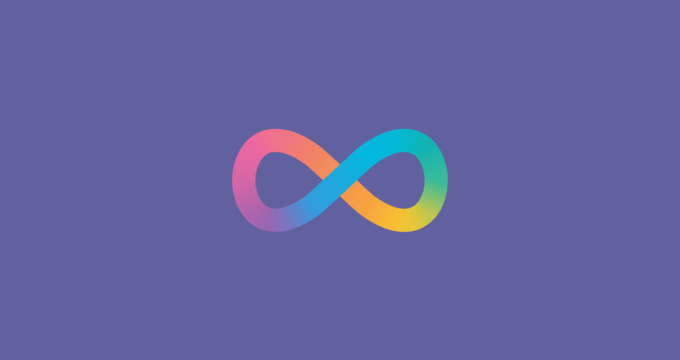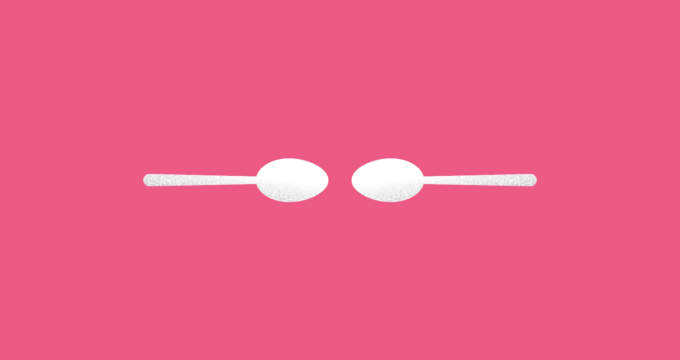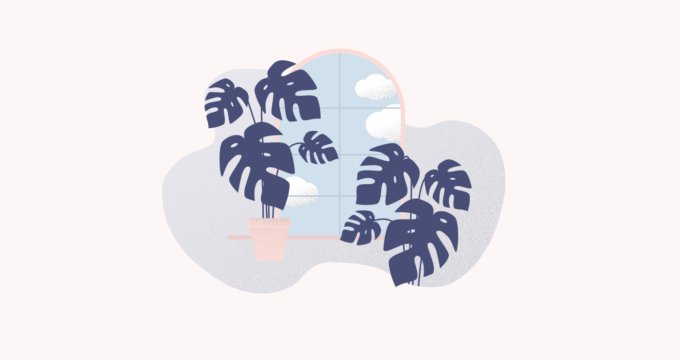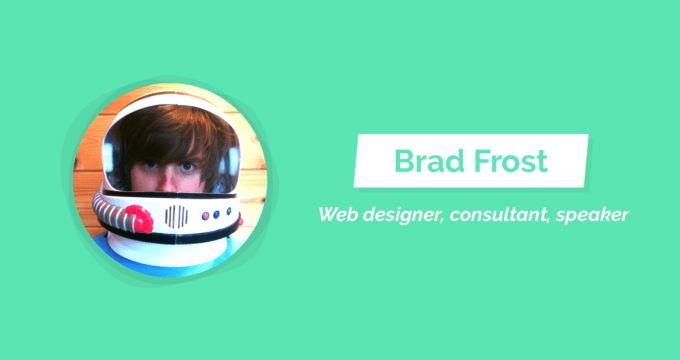What is Creativity?
Creativity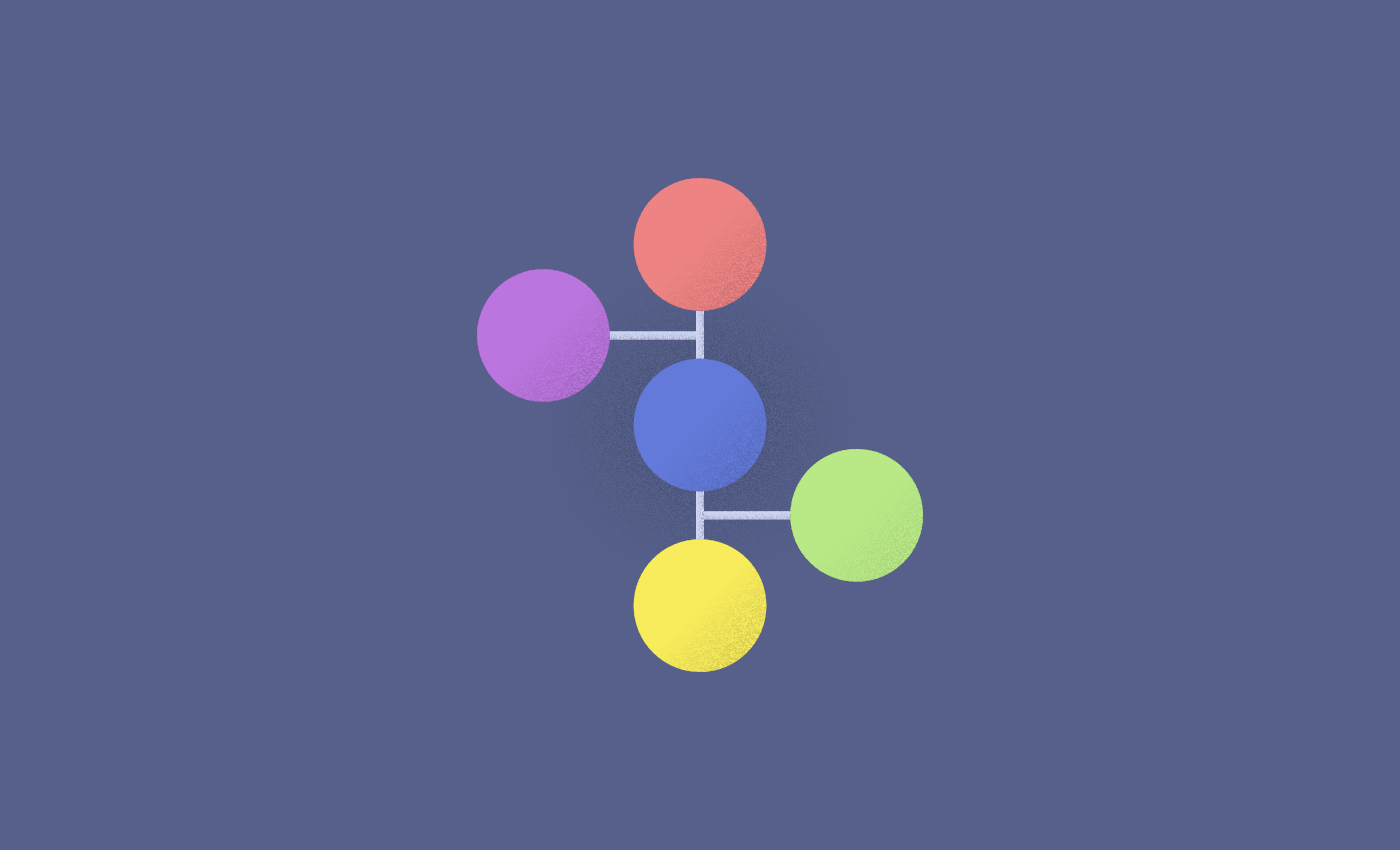
Creativity is one of the most powerful and most valued skills out there, yet describing it is not so easy. When looking the word up in the dictionary you get something like:
“Creativity is the ability to transcend traditional ideas, rules, patterns, relationships, or the like, and to create meaningful new ideas, forms, methods, interpretations, etc.; originality, progressiveness, or imagination”
Simply put, it is the ability to use imagination and think outside traditional ways so to create something new.
A person that has developed the skill of creativity is usually a good observer of the environment around, has the ability to connect those observations to existing knowledge and can make new associations by imagining new scenarios or applications of this knowledge.
Creativity gains more and more importance and is useful to everybody no matter your profession or age.
Is everyone creative?
We’re naturally born with a high level of creativity, which means that everybody is or has been creative. In fact, children have a rich fantasy and naturally connect unrelated things together, make weird associations and can imagine unrealistic scenarios by connecting things that naturally don’t go together; this skill is called divergent thinking and it is a very important element to spark creativity.
However, as we grow older, we learn which things go together and which don’t, what is realistic and what will instead remain pure fantasy. It’s almost as if growing up we’re taming our natural creative ability so to fit in the real world.
It’s those who are well aware of the world around them, but still dare to explore and imagine new and original ideas, that will maintain their creative skill.
How can you train creativity?
Since creativity is a skill, it can be trained and maintained. This involves two steps:
The first is to acquire knowledge of a broad variety of different things; the second is to use that knowledge and to make all sorts of connections which can then lead to new ideas or things.
The more knowledge you can acquire from different fields, the more connections you can potentially make. So, whenever you are learning new things, or whenever you are diving into areas that are new to you or which are out of your comfort zone, you’re actually fueling your creative potential.
In order to then connect the dots, it’s important that you actively spend time thinking about ideas or problems. Only by spending the time to make new associations, trying things out and analysing things from various angles, you can eventually come up with creative ideas.
